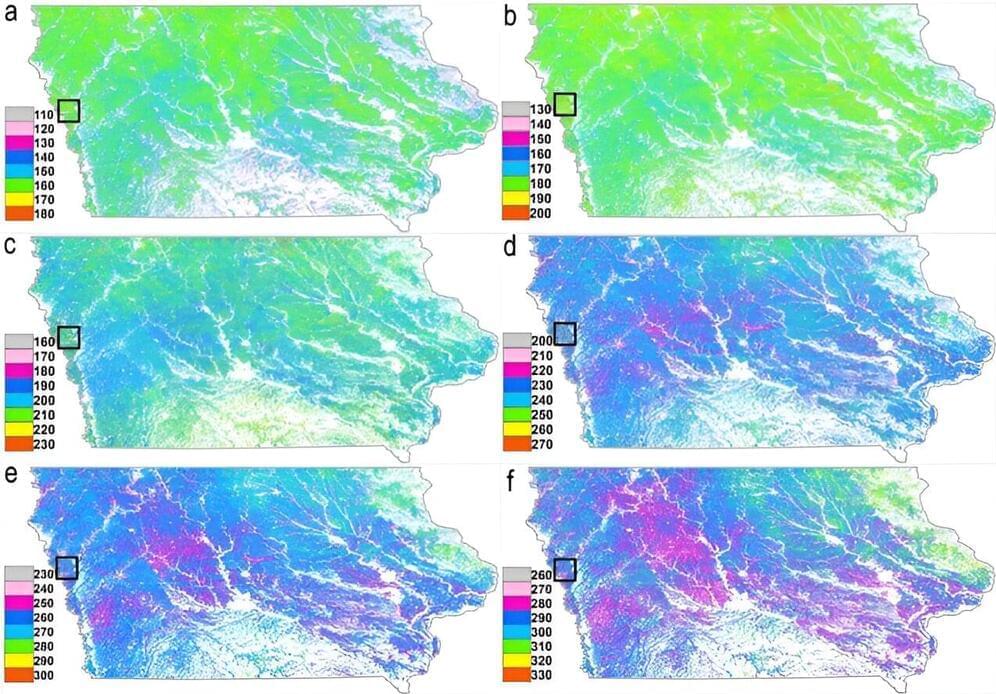DeepMind cofounder Mustafa Suleyman wants to build a chatbot that does a whole lot more than chat. In a recent conversation I had with him, he told me that generative AI is just a phase. What’s next is interactive AI: bots that can carry out tasks you set for them by calling on other software and other people to get stuff done. He also calls for robust regulation —and doesn’t think that’ll be hard to achieve.
Suleyman is not the only one talking up a future filled with ever more autonomous software. But unlike most people he has a new billion-dollar company, Inflection, with a roster of top-tier talent plucked from DeepMind, Meta, and OpenAI, and—thanks to a deal with Nvidia—one of the biggest stockpiles of specialized AI hardware in the world. Suleyman has put his money—which he tells me he both isn’t interested in and wants to make more of—where his mouth is.






